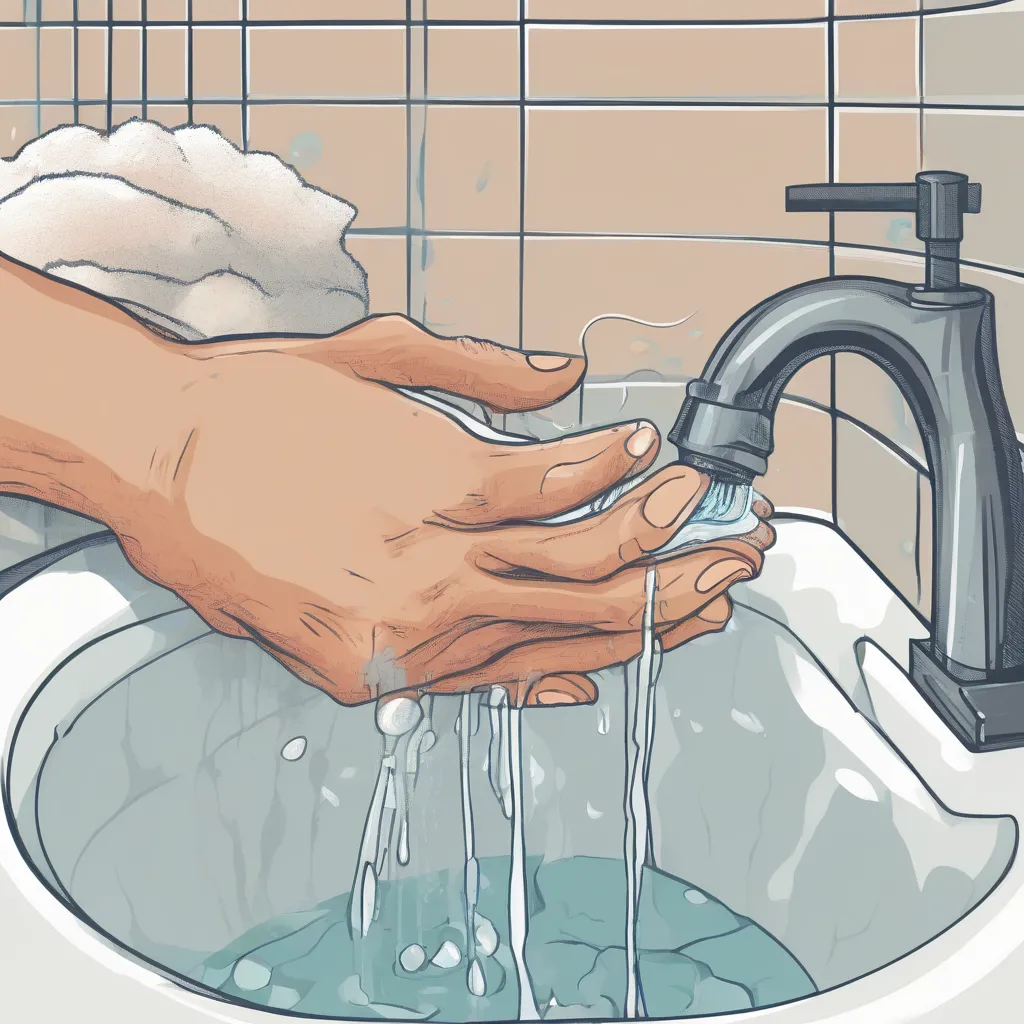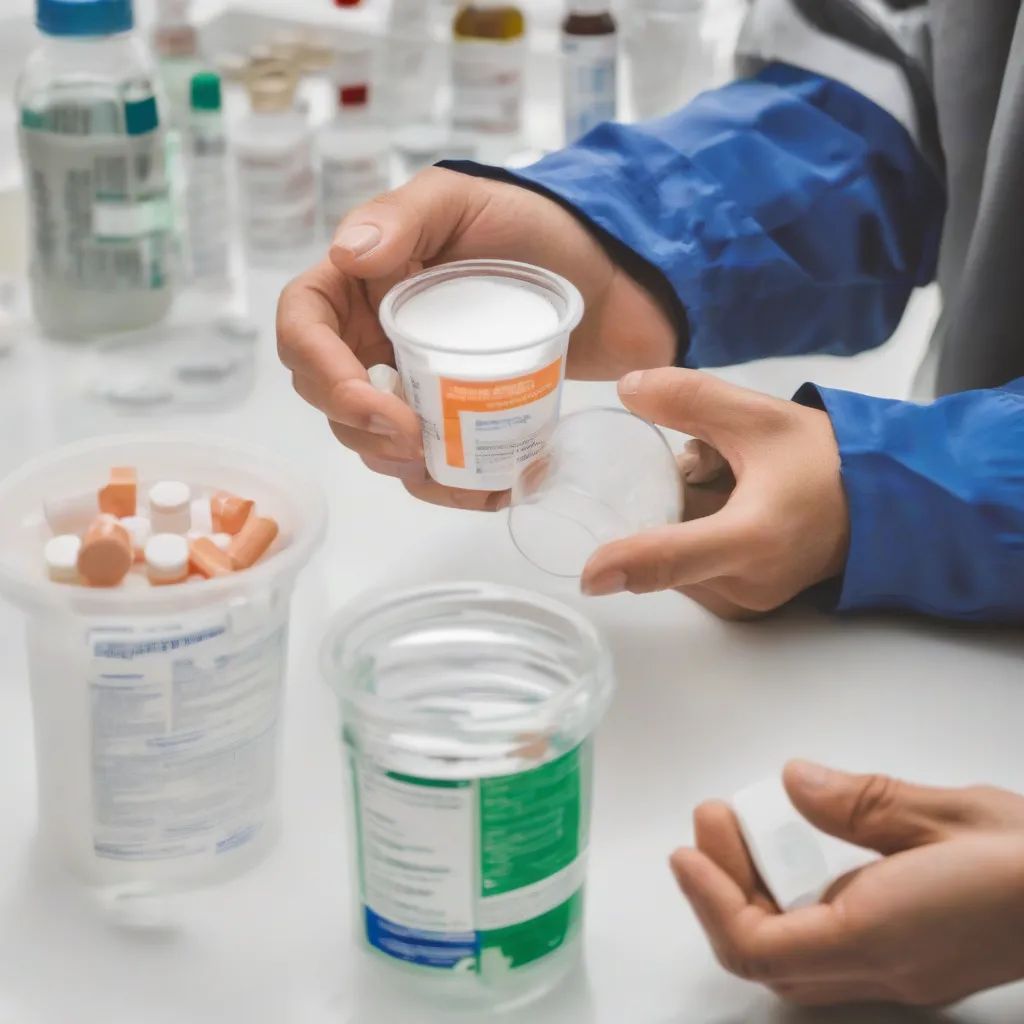Picture this: you’re strolling through the bustling streets of Bangkok, mesmerized by the vibrant street food scene. The aroma of Pad Thai fills the air, tempting you with its deliciousness. You succumb to the allure, only to find yourself battling an upset stomach a few hours later. Sound familiar? This, my friend, is the unfortunate reality of traveler’s diarrhea.
Unpacking the Culprit: What Exactly Causes Traveler’s Diarrhea?
Traveler’s diarrhea, often humorously dubbed “Montezuma’s Revenge” or “Delhi Belly,” is a common ailment that strikes travelers, especially when venturing outside their home country. But what exactly causes this unwelcome travel companion?
The Usual Suspects: Bacteria, Viruses, and Parasites, Oh My!
The main culprits behind traveler’s diarrhea are microscopic troublemakers lurking in food and water:
- Bacteria: E. coli, Salmonella, and Campylobacter are notorious for causing gastrointestinal havoc.
- Viruses: Norovirus and rotavirus can spread like wildfire, especially in enclosed spaces like cruise ships.
- Parasites: Giardia and Cryptosporidium are microscopic parasites that can contaminate water sources and wreak havoc on your gut.
These tiny culprits thrive in environments with poor sanitation practices, making regions with limited access to clean water and hygiene more susceptible to outbreaks.
“When in Rome…” The Role of Food and Water in Traveler’s Diarrhea
While exploring the culinary delights of a new destination is a thrill, it’s also a prime opportunity for these microscopic troublemakers to sneak into your system. Contaminated food and water are the leading causes of traveler’s diarrhea. Imagine sipping on fresh coconut water from a street vendor in Bali or indulging in a tempting ceviche dish in Peru. As refreshing and delicious as they may seem, these local delicacies can harbor hidden dangers if not prepared hygienically.
Other Factors: Stress, Fatigue, and Your Gut’s Reaction
Beyond food and water, other factors can contribute to traveler’s diarrhea:
- Stress and Fatigue: Traveling can be taxing on your body, weakening your immune system and making you more susceptible to infections.
- Change in Diet: Your gut microbiome, the community of bacteria living in your intestines, is accustomed to your regular diet. Drastic changes in eating habits can disrupt this balance, leading to digestive issues.
“Traveler’s diarrhea is often a case of ‘wrong place, wrong time,’ but understanding the causes can significantly reduce your risk,” says Dr. Jane Miller, author of “The Traveler’s Guide to Gut Health.”
Avoiding the Unpleasant: Tips to Prevent Traveler’s Diarrhea
Now that you know what causes traveler’s diarrhea, let’s explore some preventive measures to keep your gut happy and your travels enjoyable.
Food and Water Safety: Your Best Defense
- “Boil it, cook it, peel it, or forget it”: This travel mantra is your golden rule for safe eating. Stick to thoroughly cooked food and avoid raw or undercooked dishes, especially meat and seafood.
- Water Wisdom: Opt for bottled water, especially from reputable brands, and ensure the seal is unbroken. Use it for drinking, brushing your teeth, and even washing fruits and vegetables.
- Be Wary of Ice: Ice in drinks can be contaminated. Request drinks without ice or look for places that use filtered or purified water for ice.
- Street Food Smarts: While tempting, be cautious with street food. Choose stalls that appear clean and have a high turnover of customers, indicating freshly prepared food.
Hygiene Habits: Your Secret Weapon Against Germs
- Hand Hygiene is Key: Frequent and thorough handwashing with soap and water is crucial, especially before eating, after using the restroom, and after touching surfaces in public places.
- Pack Hand Sanitizer: Carry a travel-sized alcohol-based hand sanitizer for situations where soap and water aren’t readily available.
What if the Unthinkable Happens? Managing Traveler’s Diarrhea
Despite your best efforts, traveler’s diarrhea can still strike. If you find yourself grappling with this unwelcome guest, remember:
- Stay Hydrated: Diarrhea can lead to dehydration, so replenish lost fluids with bottled water, oral rehydration solutions, or clear broths.
- Over-the-Counter Relief: Over-the-counter medications like loperamide (Imodium) can help control diarrhea.
- Consult a Doctor: If your symptoms are severe, persistent, or accompanied by high fever, blood in your stool, or dehydration, seek medical attention immediately.
 Traveler's Diarrhea Prevention
Traveler's Diarrhea Prevention
FAQs: Your Burning Questions About Traveler’s Diarrhea, Answered
How long does traveler’s diarrhea typically last?
Traveler’s diarrhea usually resolves on its own within a few days (1-4 days) without specific treatment.
Can I prevent traveler’s diarrhea entirely?
While you can’t eliminate the risk completely, following proper food and water safety measures and practicing good hygiene significantly reduces your chances of falling ill.
Are there any pre-travel precautions I can take?
Talk to your doctor about a traveler’s health kit, which may include over-the-counter medications for diarrhea, as well as any necessary vaccinations or prophylactic medications for your destination.
When should I see a doctor?
Seek medical attention if your symptoms are severe, don’t improve after a few days, or are accompanied by high fever, blood in your stool, or signs of dehydration.
 Traveler's Diarrhea Treatment
Traveler's Diarrhea Treatment
Travelcar.edu.vn: Your Guide to Safe and Healthy Travels
Remember, traveler’s diarrhea, while unpleasant, is usually preventable. By arming yourself with knowledge and taking necessary precautions, you can enjoy your adventures to the fullest.
For more tips on staying healthy while traveling, explore our other resources:
- What is Traveler’s Diarrhea?
- How to Avoid Traveler’s Diarrhea
- How Do You Treat Traveler’s Diarrhea?
- How to Get Rid of Traveler’s Diarrhea
Safe travels, and may your journeys be filled with adventure, not ailment!
